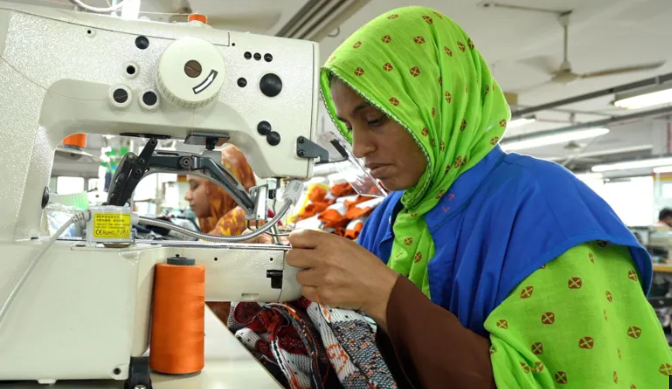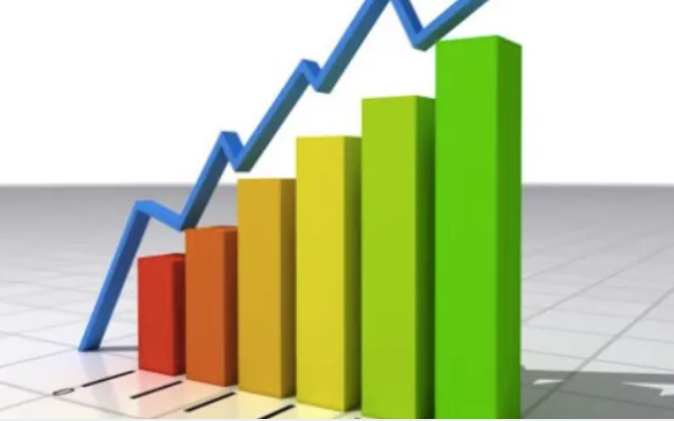US employment vacancies are declining; learn more about economics.
1. US job openings decline
Job openings in the United States fell to a 3.5-year low in July, which suggests the labour market is losing steam.
The number of unfilled jobs, shown in the Job Openings and Labor Turnover Survey (JOLTS), fell to its lowest since May 2021. It meant there were 1.07 open positions for every unemployed person in July.
Investors and policymakers are watching the labour market closely, after four monthly increases in the unemployment rate stoked fears of a recession.
"The labour market is still in pretty good shape, but it has cooled dramatically over the last year and a half," Bill Adams, chief economist at Comerica Bank, told Reuters. "Most Americans who want jobs have them, but there are fewer opportunities or alternatives for workers who ar...

